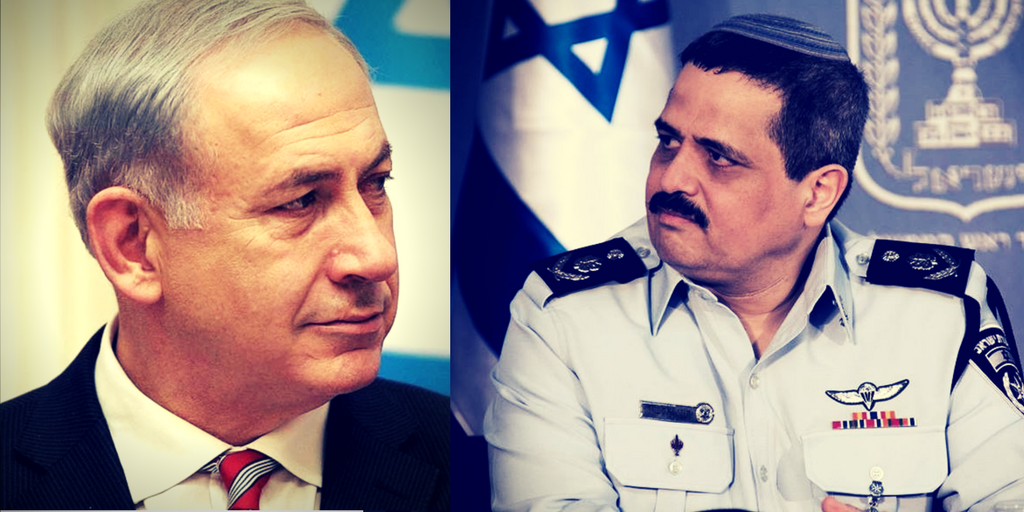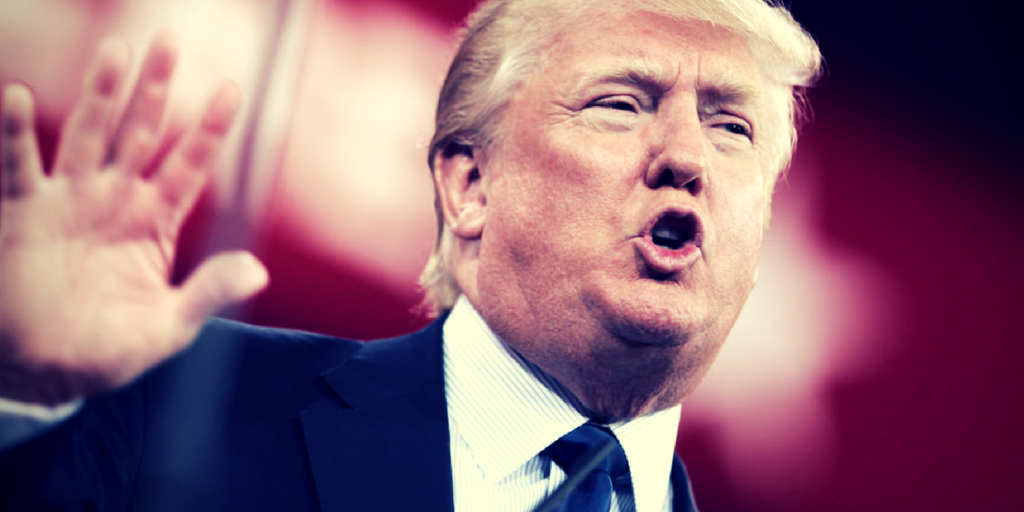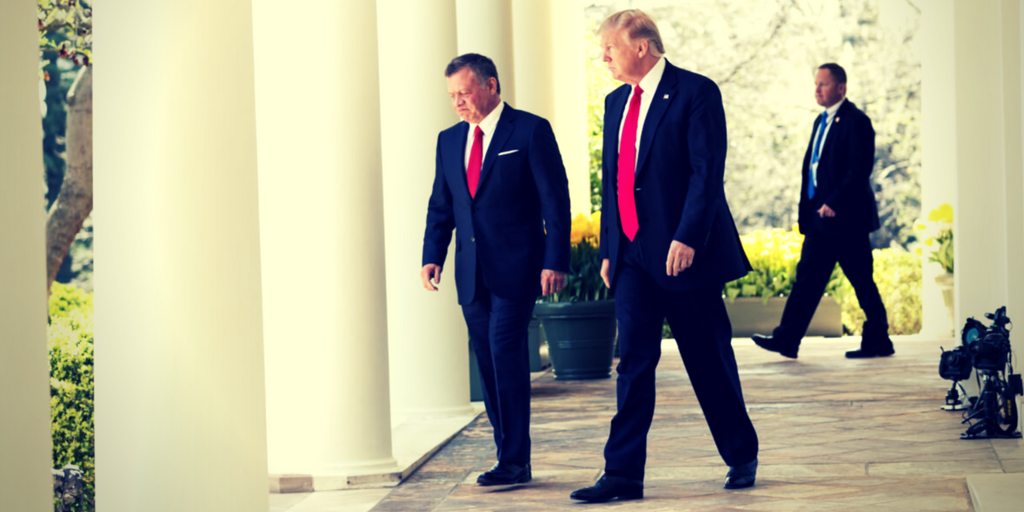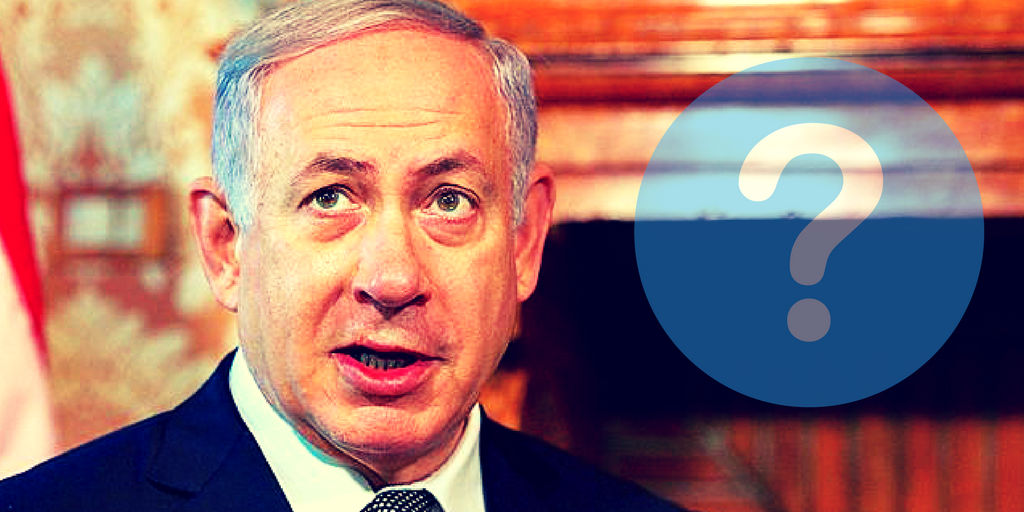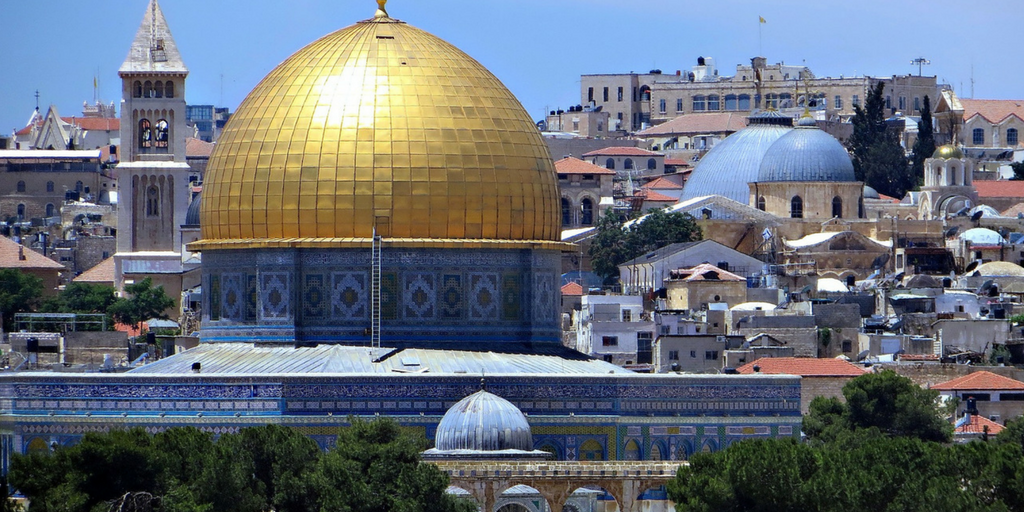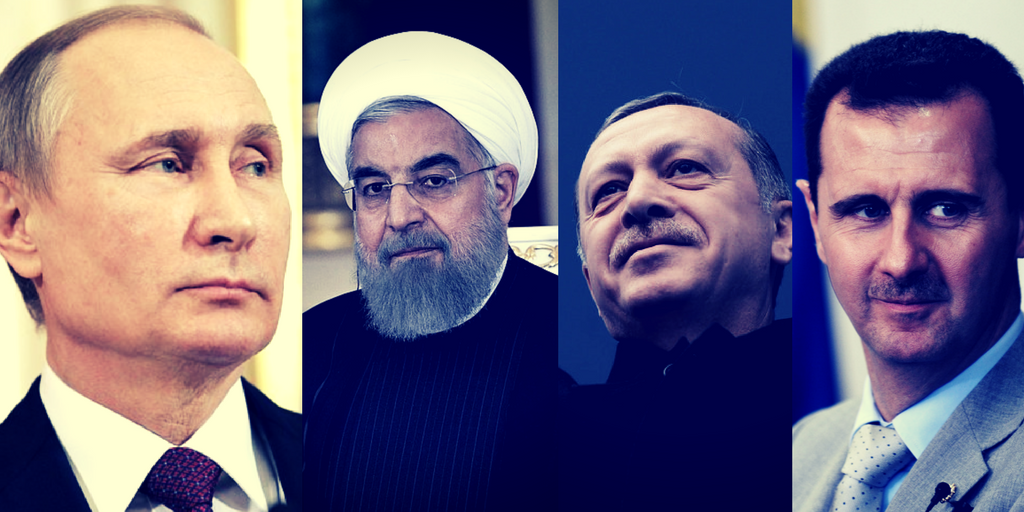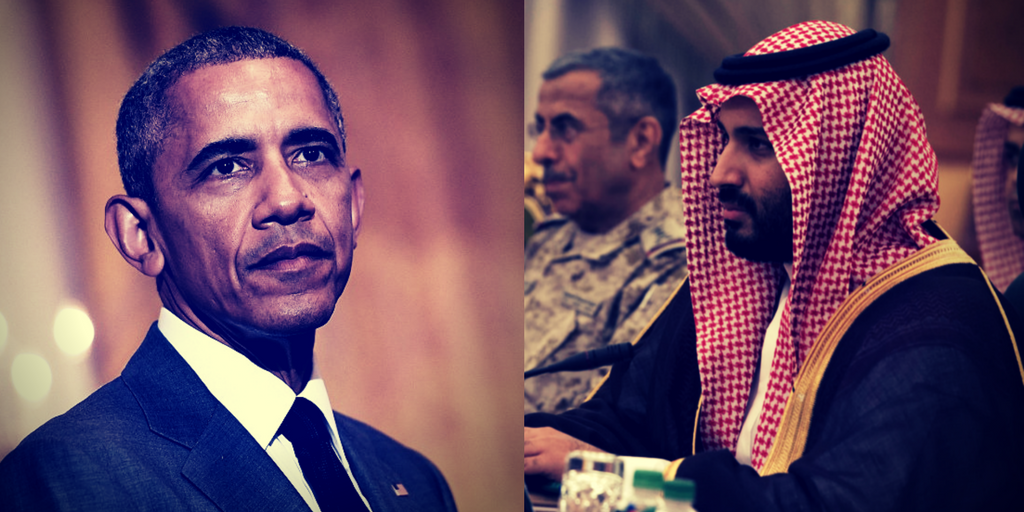Wednesday night was an eye opener for many Israelis.
On Wednesday night Israelis received yet another demonstration of the country’s desperate need for legal reform.
The media in Israel – like their counterparts in the US – tout themselves as democracy’s watchdogs. But on Wednesday night, we saw once again that our fiercest journalists are actually the lapdogs of our unelected legal fraternity, whose members share their hatred for Prime Minister Benjamin Netanyahu and their general attachment to the ideological Left.
Wednesday night’s primetime news broadcasts all opened with the sensational news that the police’s top investigators from the Lahav 433 unit – Israel’s equivalent of the FBI – were sitting at that very moment with Police Commissioner Roni Alsheich to decide what crimes to recommend Attorney-General Avichai Mandelblit indict Netanyahu for.
According to police leakers, their intention is to recommend that Mandelblit indict Netanyahu for at least one count of bribery.
Netanyahu allegedly helped his old friend Hollywood movie mogul Arnon Milchen renew his US visa. Over the years, Milchen allegedly showered Netanyahu and his wife, Sara, with cigars and champagne.
An hour after the news broadcasts all ended, Israel’s flagship investigative news magazine Uvda broadcast a slickly edited, hour-long interview its anchor, Ilana Dayan, conducted over several weeks with Alsheich.
To be clear, Dayan’s interview wasn’t a complete love-fest. She asked Alsheich several biting questions. But overall, Dayan did everything she could to present Alsheich as a hero, a self-made man and all all-around awesome guy.
Dayan devoted a long portion of her interview to Alsheich’s tragic loss of his beloved mother when he was 14. Barely holding back his tears, Alsheich told Dayan that he decided not to let his loss hold him back, and then humbly bragged that he basically raised himself after she passed away.
Dayan spent another long sequence of her interview with Alsheich discussing his role as a Shin Bet interrogator in the tragic Nachshon Wachsman affair.
In 1994, Hamas terrorists kidnapped IDF Cpl. Nachshon Wachsman, a paratrooper hitching a ride on the side of the highway in central Israel.
At the time, Alsheich was a Shin Bet investigator. It turns out that he was the officer who interrogated the Wachsman’s kidnappers’ accomplices. Through them, the Shin Bet located the house near Ramallah where Wachsman was being held, and learned the conditions of his confinement.
Then-prime minister and defense minister Yitzhak Rabin and then-IDF chief of General Staff Ehud Barak ordered the IDF’s elite reconnaissance unit Sayeret Matkal to storm the house and rescue Wachsman. The rescue attempt failed, Wachsman was murdered and one of his rescuers, Capt. Nir Poraz, was killed in the raid. The Wachsman episode was a national tragedy that traumatized the entire country.
By placing Alsheich at the center of the drama, and superimposing video images of Rabin on her conversation with Alsheich, Dayan presented Alsheich as the unsung hero of the national tragedy. In so doing, she effectively rendered him untouchable.
Once she built Alsheich up as a hero, she shifted her attention to the Netanyahu probes. And when Alsheich began to speak, you understood why he needed the buildup.
Not to put too fine a point on it, but Alsheich sounded like a tin foil hat conspiracy theorist when he started talking about his probes of the prime minister.
Alsheich presented Dayan with four separate criminal conspiracies, all of which he either directly or indirectly claimed are Netanyahu’s handiwork. It is important to note that each of the conspiracies he alleged involve crimes far graver than accepting too many cigars from an old friend. And none of them is currently being investigated.
The first conspiracy theory he presented as fact was his claim that Netanyahu arranged for private detectives to gather dirt on the police officers investigating him.
Alsheich said that “very powerful forces” hired private detectives who “were wandering around the investigators” and “sniffing about.”
He then said that Dayan was “correct” when she asked if the targeted officers were involved in the Netanyahu probe.
The second conspiracy Alsheich attested to surrounds a female police officer referred to as “Z.” In 2011, Z. filed a sexual harassment complaint against Police Ch.-Sup. Roni Reitman, commander of Lahav 433. Z. alleged that Reitman sexually harassed her on three occasions. There were witnesses to two of the alleged incidents. The police’s internal affairs unit administered lie detector tests for Z. and Reitman. She passed hers. He failed his. The investigators recommended indicting Reitman.
After sitting on the file for four years, in 2015 then-attorney-general Yehuda Weinstein closed the case, citing the long period that had passed since the alleged harassment took place.
Alsheich responded to Weinstein’s decision by immediately instating Reitman as the commander of Lahav 433.
At the urging of her commander, in 2016 Z. petitioned the High Court of Justice and asked the justices to order Alsheich to fire Reitman. Last year, the court ruled in Z.’s favor and gave Alsheich 60 days to fire Reitman.
Alsheich responded to Z’s petition to the court by referring to her as a “criminal.” He opened a disciplinary tribunal against Z. and her commander, claiming they spent too much time together.
Reitman’s lawyers alleged Netanyahu put Z. up to submitting the petition in a plot to force Reitman off his case. Alsheich has repeatedly expressed his agreement with Reitman’s allegation.
In his interview with Dayan, Alsheich said, “I want Reitman’s claims to be investigated.”
Attorney Chai Bar-El who represents Z. responded cynically to Alsheich’s and Reitman’s conspiracy claim in an interview last month with Mida online magazine.
“It’s good that Alsheich’s conspiracy didn’t start in 2011, and that he isn’t claiming that Z. was sent ‘to seduce’ Reitman so that [Netanyahu] would have a card in his future investigations,” Bar-El said.
The third Netanyahu conspiracy Alsheich alleged in his interview with Dayan is that Netanyahu is spreading false rumors about tensions in Alsheich’s relationship with Mandelblit in order to intimidate police investigators.
A few weeks ago, Reshet news (on Channel 13) reported that Mandelblit told his associates that if Netanyahu is tried and found innocent, his acquittal will destroy the legal system. When Dayan asked Alsheich about the report, Alsheich insisted it was false and introduced his third conspiracy.
“Maybe someone wanted the investigators to think that this is what Mandelblit said,” he said.
Dayan responded with amazement, “Did Netanyahu engineer this also?”
Alsheich answered coyly, “Did I say Netanyahu?”
Alsheich’s final conspiracy is his allegation that Netanyahu effectively offered him a bribe when he appointed him police commissioner.
Alsheich was serving as deputy director of the Shin Bet when Netanyahu appointed him police chief in 2015. Alsheich had made no secret of his desire to be promoted to Shin Bet director. Alsheich told Dayan that Netanyahu told him upon his appointment that he would appoint him Shin Bet director if he is still prime minister when Alsheich finishes his tour of duty at the police.
In response to Alsheich’s interview, Netanyahu reinstated his frequent demand that Alsheich’s allegations be investigated. Netanyahu noted that with investigators convinced that he is the functional equivalent of a mafia boss, there is no way he can expect to receive fair treatment.
And again, every one of Alsheich’s alleged conspiracies is on its face an exponentially more serious offense than accepting a bunch of cigars and champagne from an old buddy.
Dayan asked Alsheich why he isn’t investigating his own allegations. Alsheich answered dismissively that an investigation “doesn’t serve the current interests of our central probe.”
Alsheich made the even more bizarre claim that the conspiracies are nothing to worry about, because simply by exposing them to the public, he put a stop to them.
This assertion is particularly distressing because it exposes the police chief’s profound ignorance of the basic precepts of law enforcement.
If Alsheich were able to stop a gang of bank robbers from committing further bank heists by going public with their operation, would that mean that he should let them off the hook for their previous robberies?
THE POLICE INVESTIGATIONS of Netanyahu bear an extraordinary resemblance to the US special counsel’s probe of allegations that Russia colluded with the Trump campaign during the 2016 presidential elections. But there is one major difference. In Israel there is no equivalent to congressional oversight of the executive branch.
Last weekend, the US experienced a public and constitutional earthquake with the publication of the so-called Nunes memo. The memo summarizes the findings of the House Select Committee on Intelligence’s probe of senior FBI and Justice Department officials’ apparent abuse of their power in pursuit of a surveillance warrant against a campaign adviser to then candidate Donald Trump.
It showed that those top officials hid from the Foreign Intelligence Surveillance Court judges the fact that the basis for their surveillance request was a dossier prepared by the private investigations firm Fusion GPS that was paid for by the Democratic National Committee and Hillary Clinton’s presidential campaign.
The Nunes memo is an earthquake because it showed that the top echelons of the American law enforcement community committed a grave breach of trust and undermined basic democratic norms. The information that has come to light during the course of the congressional probes makes clear these top officials were motivated to act as they did by their partisan convictions and deep-seated animus toward Trump and his supporters.
FROM AN Israeli perspective, the most extraordinary aspect of the Intelligence Committee probe and the parallel probes being conducted by other House and Senate committees is that they are taking place at all.
The US Constitution provides for freedom of the press, understanding the key role a free press is capable of playing in a democracy. But the constitution empowers Congress with oversight powers over the executive branch.
In Israel the Knesset holds no such power. Likud lawmakers have no oversight power. They cannot force Alsheich to explain the basis for his claims that Netanyahu put Z. up to petitioning the High Court. They cannot make him support his claim that Netanyahu hired private detectives to spy on his investigators. They cannot investigate the hemorrhage of leaks from police investigators that deny Netanyahu the basic rights of criminal suspects and the presumption of innocence.
They cannot subpoena police communications to discover the motive for Lahav 433’s decision to investigate Netanyahu and not investigate other politicians against whom far weightier allegations have been leveled.
Wednesday night was an eye opener for many Israelis who saw for the first time Alsheich’s conspiratorial obsession with Netanyahu.
But in the absence of a major overhaul of the legal system in a manner that provides the Knesset with the tools to oversee the executive branch and the judiciary, nothing will be done to remedy the situation, and the future of Israel’s democratic system will continue to rely on the goodwill of our unelected, unaccountable attorney-general.
Originally Published on JPost

